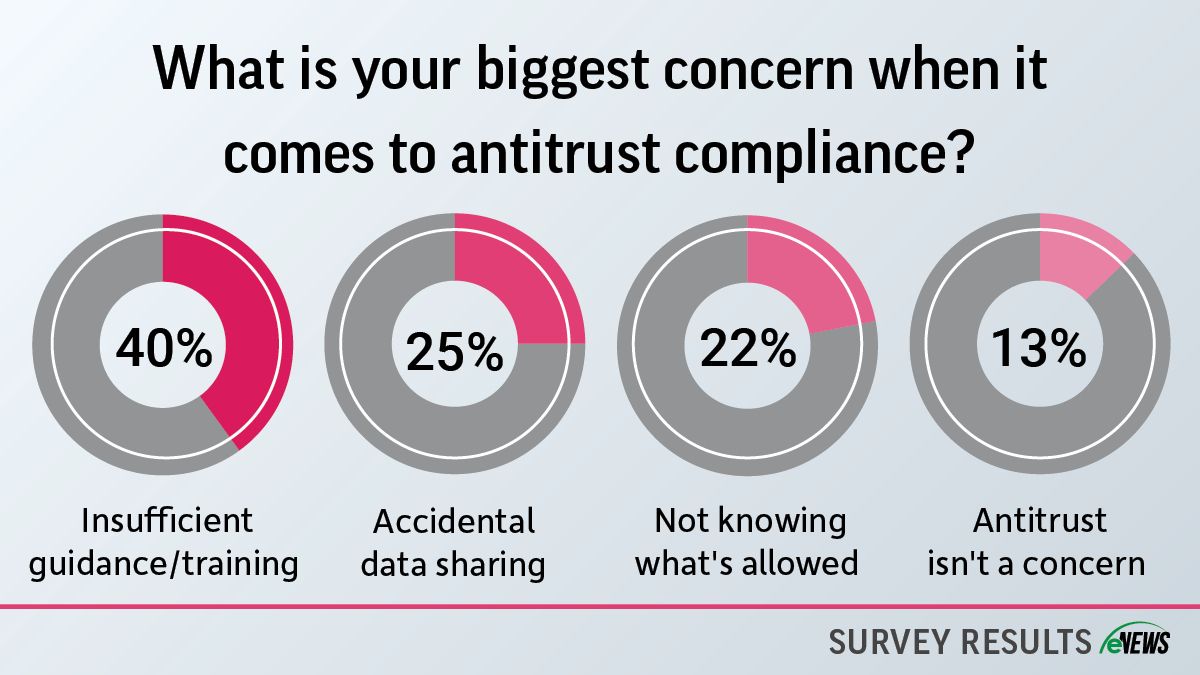Construction, eNews
Mastering Construction Contracts
In response to global conflicts, the U.S. and its allies have increased economic sanctions and enforcement measures against various countries. Businesses can minimize their exposure to these changes by regularly monitoring sanction updates, understanding applicable laws, integrating sanctions compliance into regulatory processes and strengthening Know-Your-Customer (KYC) policies.
Why it matters: The noticeable surge in, attention to and enforcement of international trade requirements and regulations underscore the need for credit managers to stay vigilant and be aware of potential economic sanctions tied to their interactions with the U.S. government.

In response to global conflicts, the U.S. and its allies have increased economic sanctions and enforcement measures against various countries. Businesses can minimize their exposure to these changes by regularly monitoring sanction updates, understanding applicable laws, integrating sanctions compliance into regulatory processes and strengthening Know-Your-Customer (KYC) policies.
Why it matters: The noticeable surge in, attention to and enforcement of international trade requirements and regulations underscore the need for credit managers to stay vigilant and be aware of potential economic sanctions tied to their interactions with the U.S. government.
Credit managers play a crucial role by staying informed and being cognizant of potential economic sanctions—especially as geopolitical tensions grow amid the Israel-Hamas war and ongoing Russia-Ukraine conflict.
“We saw in the past year expanded sanctions authority in architecture, construction, engineering, manufacturing, metals and mining and transportation sectors of the Russian economy,” said Justin Angotti, associate at Reed Smith LLP (McLean, VA), during a live NACM webinar on Sanction Developments for the Upcoming Year. “This allows the Office of Foreign Assets Control (OFAC) to designate more persons under the existing executive orders in a broader swath of the Russian economy. There are bans on certain metal products, diamonds, export controls on advanced technology and certain industrial goods as well as the EU’s prohibition on the export of ERP systems to Russia.”
Understanding the consequences
With the emphasis on secondary sanctions against non-U.S. financial institutions, the DOJ National Security Division continues to ramp up its enforcement, hiring 25 prosecutors located around the country specifically focused on sanctions and export control violations and compliance. Those parties are investigating and working with agencies to catch people who violate those laws. “It’s a huge increase in the amount of staff in the national security division, and you’re not going to get that kind of money if the division doesn’t think it’ll see the return in the investment,” said Angotti. “There’s going to be an incredible number of prosecutions, cases and settlements that come out of this because it’s an increase in the number of prosecutors focused on this.”
The DOJ is cracking down harder on compliance laws this year. Major trends such as continued multi-jurisdictional coordination and alignment will occur. Countries associated with potential sanctions evasion (Armenia, China—including Hong Kong and Macau, India, Kazakhstan, Kyrgyzstan, Tajikistan, Uzbekistan) as well as designations under Executive Order 14114 are more trends to look for as well.
“Everything falls under your customer KYC screening process and making sure you understand where the party you’re doing business with resides,” said Lizbeth Rodriguez-Johnson, Esq., counsel at Reed Smith LLP (Mc Lean, VA). “If companies are not being careful with KYC policies and making sure they address the risks currently around this area of the law, they can face OFAC fines due to a violation of their regulatory requirements of the sanctions, and you get penalized for that.”
Create procedures to monitor sanction changes. Regularly monitoring economic news and information regarding sanctions in different countries can help your business stay ahead of the curve on new developments in the broader scope of sanctions. Sanctions are a huge liability because you can commit an offense unknowingly, but being unaware of a customer in a sanctioned area is still your responsibility.
Know which sanction laws apply to your area of business. It’s important to identify any areas of exposure or potential triggers, so, conducting a risk assessment is one way to help minimize any risk and put necessary controls in place.
Include sanctions compliance in regulatory compliance processes. Regulatory compliance processes such as anti-bribery, fraud, procurement or contract procedures should be integrated with sanctions compliance. Businesses who include both are more likely to prevent any sanctions risks across the board of all operations.
When in doubt, ‘KYC’ it out. Your credit department’s KYC policies and procedures should be airtight. For example, you must maintain a certificate of the posted accounts on behalf of customers who do business in sanctioned areas. Your company will always be liable and you ultimately own the final decision. If you happen to deal with a variety of customers depending on your industry, it’s a good idea to provide adequate training to your compliance team, customer service to anyone interacting with third parties at your company and running continuous credit checks. It’s essential that the KYC process goes beyond basic screening.
The bottom line: In light of increasing global conflicts and economic sanctions, businesses must prioritize regularly monitoring sanction updates, understanding relevant laws, integrating sanctions compliance into regulatory processes and bolstering KYC policies to mitigate exposure to these changes.





